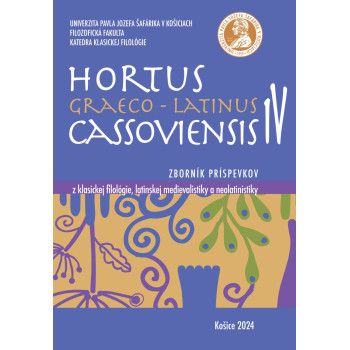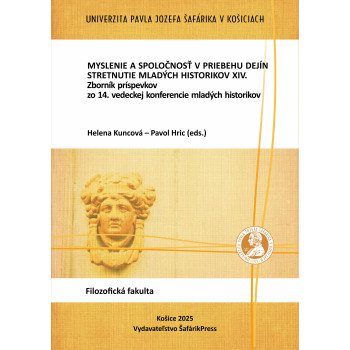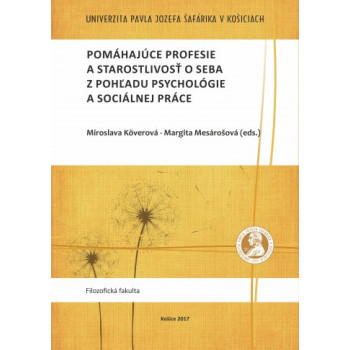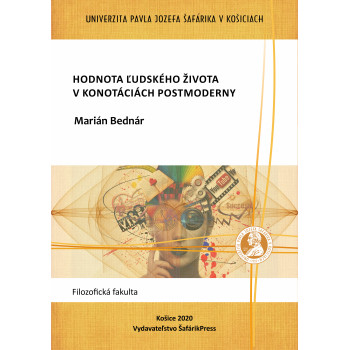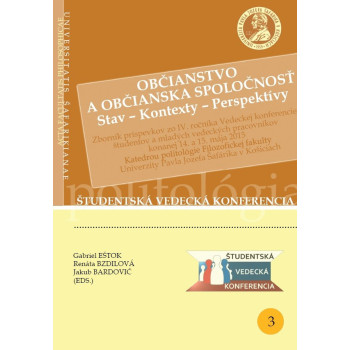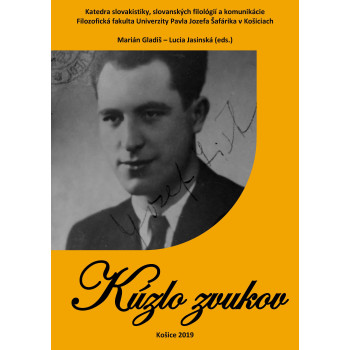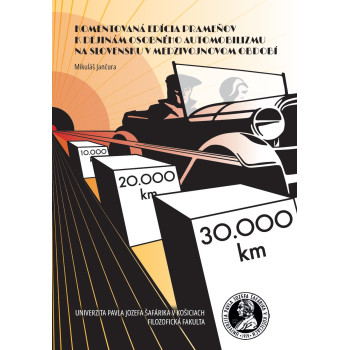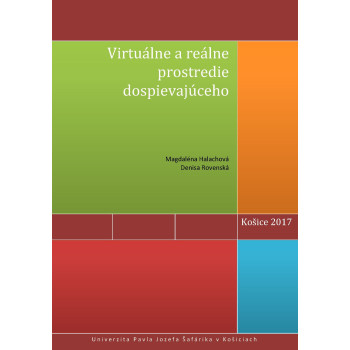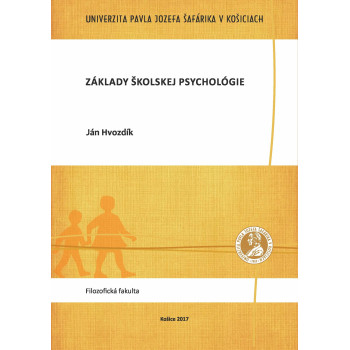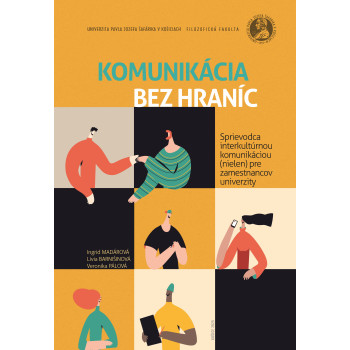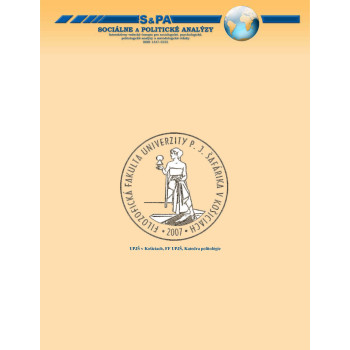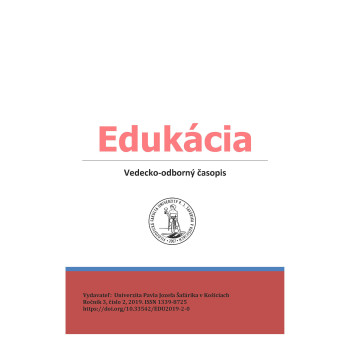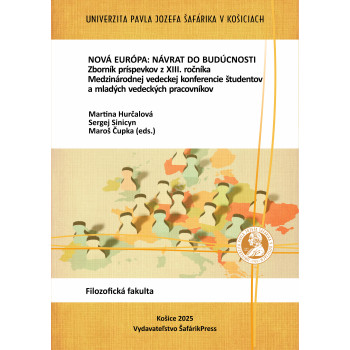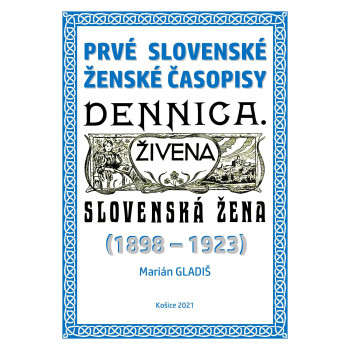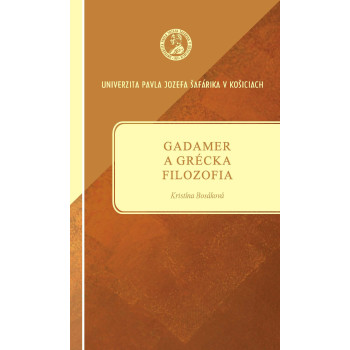
Hortus Graeco-Latinus Cassoviensis IV
E-book
Jana Balegová-Erika Brodňanská (eds.)
It has been eleven years since the Department of Classical Philology of the Faculty of Arts of the University of Pavol Jozef Šafárik in Košice opened the gates of its imaginary colourful garden for the first time. At that time, the Hortus Graeco-Latinus Cassoviensis provided a space to present the results of work from all fields of the classical, Latin medieval, and Neo-Latin studies to colleagues from Slovakia. Five years later, the "garden" was enriched by colleagues from Bohemia and Moravia, and this time, at its fourth opening, colleagues from Greece and Germany also honoured it with their works. Variety remained its characteristic feature. Papers on ancient history, the linguistics of classical languages, ancient and medieval literature, ancient philosophy, the history of ancient medicine and Neo-Latin studies, as well as contributions on the teaching of classical languages, are presented in the proceedings. Moreover, the volume is published as an output of two seemingly disparate VEGA projects carried out at the department: No. 1/0109/21 Poemata de se ipso by Gregory of Nazianzus and No. 1/0255/22 Medicus poeta. Neo-Latin literature of medical authors associated with Slovakia. However, appearances are deceptive, because Gregor of Nazianzus, although a church father, also wrote poetry, his works contain numerous allusions to the medical milieu, and he had a brother who was a physician. His entire work is characterised by the variety of the themes he explores. References to the Bible are not uncommon in the works of medical poets. Just as the projects differ and simultaneously overlap with each other, the themes of the individual contributions also differ and overlap.



